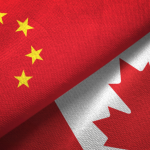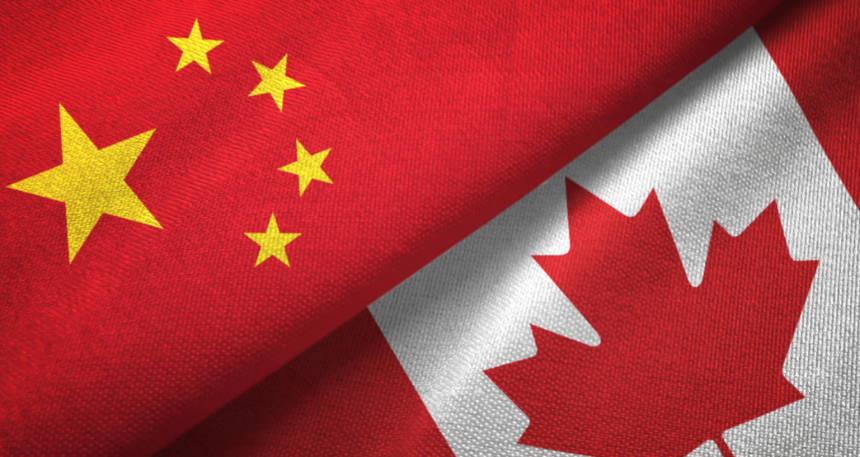Canada is grappling with a new trade shock as China escalates tariffs on Canadian agricultural exports and launches a formal dispute at the World Trade Organization (WTO) over Canadian measures on steel and aluminum. These developments pose a serious threat to Canada’s key export sectors and highlight the urgency of diversifying international trade partnerships.
📊 The Canola Export Crisis
Canadian canola meal exports valued at up to $120 million have been left stranded at Chinese ports following China’s imposition of tariffs as high as 100%. Importers have been forced to either absorb heavy losses or attempt to redirect shipments at discounts of nearly 30%.
This disruption affects not only Canadian farmers but also the broader supply chain, from transport and logistics to food processing. Exporters are now seeking new markets in Southeast Asia and South Korea, but the financial hit is already being felt.
Source: Reuters – Importers struggle to resell Canadian canola meal caught in China tariff crossfire
🇨🇦 China’s WTO Dispute With Canada
In addition to agricultural tariffs, China has filed a formal WTO complaint against Canada’s surtaxes and quotas on steel and aluminum imports. This move underscores rising tensions between Ottawa and Beijing in both industrial and agricultural sectors.
The complaint challenges Canada’s protective trade measures, which were originally introduced in response to global steel market distortions. China argues that these measures unfairly restrict its access to the Canadian market.
Source: Reuters – China launches WTO dispute with Canada on steel and aluminium surtaxes
🏭 Economic and Sectoral Impact
The twin shocks — agricultural tariffs and steel disputes — are hitting some of Canada’s most vital sectors:
- Agriculture: Farmers face immediate financial pressure as canola shipments stall and prices plummet.
- Manufacturing: Canadian steel and aluminum industries face uncertainty amid WTO challenges.
- Trade Policy: Ottawa must balance defensive trade measures with diplomatic negotiations to avoid further escalation.
✅ Conclusion: A Call for Diversification and Resilience
Canada’s confrontation with China demonstrates the vulnerability of an export-driven economy to sudden tariff shocks. The stalled canola exports and ongoing WTO dispute underline the urgent need for market diversification, stronger trade alliances, and strategic resilience planning.
By exploring new markets in Asia and reinforcing North American and European trade ties, Canada has an opportunity to mitigate risks and secure a more stable position in global commerce.








